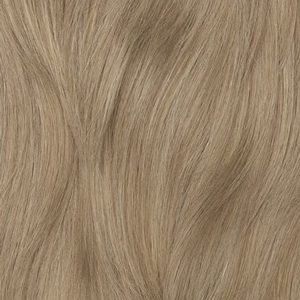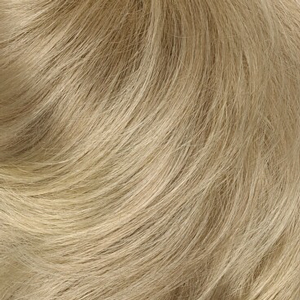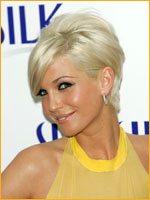Color analysis is the process of determining the colors that best suit an individual's natural coloring. There are several means of analysing personal coloring. The most well-known is "seasonal" color analysis, which places individual coloring into four general categories: Winter, Spring, Summer and Autumn. "Winters" and "Summers" have cool coloring. Some clues that a person has cool coloring might include ash tones in the hair, grey-blue eyes and pinkish undertones to the skin. "Springs" and "Autumns" have warm coloring. Some signs of warm coloring are red or golden hair, golden brown eyes and golden undertones to the skin.
Another system of color analysis relies on analysing whether the person's coloring has high or low contrast; for instance, dark hair and pale skin create high contrast. Under this system, individuals are classified as "light-bright," "muted," "gentle" and "contrast." This color system uses all colors and states that each person can wear any color depending upon how bright or toned down the color is. Still other systems combine analysis of warm and cool coloring with analysis of contrast levels.[citation needed]
One practical application for color analysis is that by limiting wardrobe color choices a person will probably find it easier to coordinate his or her clothing and accessories, thus possibly saving time, space and money.
Chevreul further discovered that when looking at any given color, the eye demands that the opposite or contrasting color on the color wheel simultaneously be generated. Apparently the eye has a precise equilibrium, so that when looking at red, for example, the eye generates green, even though we are not aware of it. He called this phenomenon Simultaneous Contrast. In 1839, Chevreul published the findings of his meticulous and extensive research in a voluminous publication entitled De la Loi de Contraste Simultane des Couleurs ("Of the Law of Simultaneous Contrast of Colors"). Chevreul devoted a separate chapter to his research on clothing and hair color, in which he concluded that any color worn next to the face, including hair color, would affect the appearance of the skin's color.

M18 - Light Ash Blonde

102 Light Ash Blonde - Clairol

Light Ash Blonde

18/22H - (NOT SHOWN) LIGHT ASH

Ultra Light Ash Blonde 05

16/613R - PLATINUM BLONDE/ASH

Cool color light ash blonde

15-light ash brown

Haircolor, Extra Light Ash

Extra Light Ash Blonde 111

Hair Light Ash Blonde 8C

Satin Hair Color Light Ash

Hair color, 9A Light Ash

Satin Hair Color Ultra Light

Light Ash Blonde - 1 Ea

22, Light Ash blonde
Another system of color analysis relies on analysing whether the person's coloring has high or low contrast; for instance, dark hair and pale skin create high contrast. Under this system, individuals are classified as "light-bright," "muted," "gentle" and "contrast." This color system uses all colors and states that each person can wear any color depending upon how bright or toned down the color is. Still other systems combine analysis of warm and cool coloring with analysis of contrast levels.[citation needed]
One practical application for color analysis is that by limiting wardrobe color choices a person will probably find it easier to coordinate his or her clothing and accessories, thus possibly saving time, space and money.
Chevreul further discovered that when looking at any given color, the eye demands that the opposite or contrasting color on the color wheel simultaneously be generated. Apparently the eye has a precise equilibrium, so that when looking at red, for example, the eye generates green, even though we are not aware of it. He called this phenomenon Simultaneous Contrast. In 1839, Chevreul published the findings of his meticulous and extensive research in a voluminous publication entitled De la Loi de Contraste Simultane des Couleurs ("Of the Law of Simultaneous Contrast of Colors"). Chevreul devoted a separate chapter to his research on clothing and hair color, in which he concluded that any color worn next to the face, including hair color, would affect the appearance of the skin's color.

M18 - Light Ash Blonde

102 Light Ash Blonde - Clairol

Light Ash Blonde

18/22H - (NOT SHOWN) LIGHT ASH

Ultra Light Ash Blonde 05

16/613R - PLATINUM BLONDE/ASH

Cool color light ash blonde

15-light ash brown

Haircolor, Extra Light Ash

Extra Light Ash Blonde 111

Hair Light Ash Blonde 8C

Satin Hair Color Light Ash

Hair color, 9A Light Ash

Satin Hair Color Ultra Light

Light Ash Blonde - 1 Ea

22, Light Ash blonde
No comments:
Post a Comment